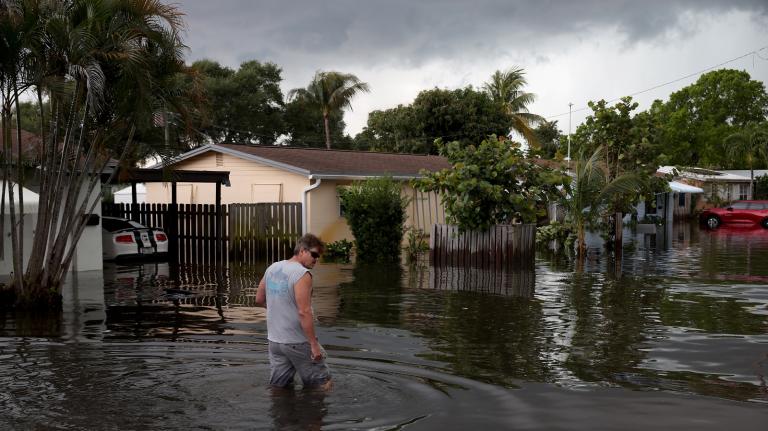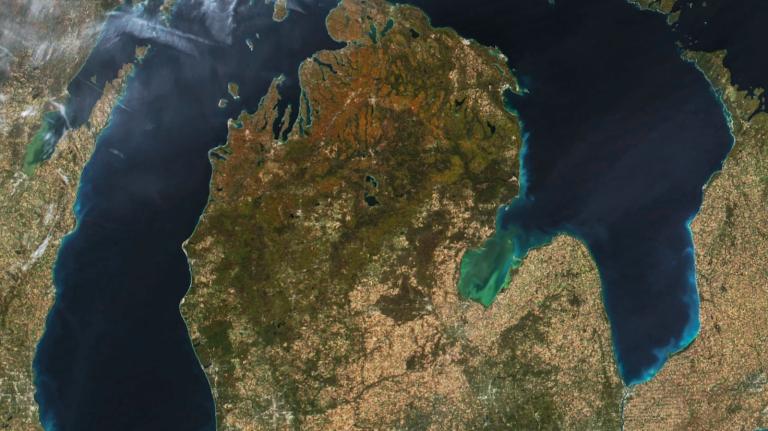The Overhead Wire directs us to a Christian Science Monitor write-up of a new Brookings report on how we might want to support metropolitan economies:
“If you’re going to get serious about the economy, then you’ve got to get specific about how you’re going to leverage metropolitan economies,” says Bruce Katz, director of the metropolitan policy program at Brookings.
Even though America’s 100 largest cities generate two-thirds of U.S. jobs and three-quarters of domestic economic output, much of the policy coming from Washington — and from the presidential candidates — is still rooted in a Jeffersonian ideal of hamlets and small towns, Katz says.
“There’s a lag between the political class recognizing what our major firms already know: That the geographic economy has been radically altered by globalization,” he says.
One key problem: While metro areas function practically as an economic unit, politically they’re divided into hundreds of smaller governments, agencies, and municipalities, often viewing themselves as in competition.
That last concept isn’t relevant to the point I’m making here, but it’s something I like to emphasize.
Now, the political structure of this country is not particularly favorable to urban areas. There are plenty of ways (the Senate, and relatedly the Electoral College) that rural areas receive disproportionate political power. It also seems that people living in suburbs identify more as members of the national suburban population than as members of a particular metropolitan area — at least in the voting booth. And a handful of the nation’s richest metropolitan areas are themselves disproportionately productive, so even if government investments were divvied up by population alone, we’d underinvest in our big economic engines. As Felix Salmon notes in Portfolio, this leads to all kinds of unfortunate policies, like the devotion of a huge amount of money to agricultural programs, which could instead be used on policies that might assist those harmed by trade.
Conservatives like to argue that taxing the rich reduces the incentive to get rich, thereby hindering economic growth. But what if those riches are due in part, and perhaps largely, to the advantages conferred by metropolitan economies and institutional structures? Shouldn’t we then be at least as concerned about the health of those economies as we are about the incentives of those who profit from them?
From this perspective, focusing tax incentives on individuals is doubly harmful. Wealth generated in New York is then concentrated on a limited pool of private assets — housing and transportation, say — which are increasingly priced beyond the reach of most Americans, while public assets suffer from revenue shortfalls. Failure to invest in public goods and infrastructure in such places is therefore bad for growth, and it also makes growth less equitable.
It’s fine, in other words, to keep individual incentives in mind, and to try and encourage the individual economic behavior we want. But we should also recognize that wealth and place are inextricably linked. By investing in cities — by making public spaces better, improving infrastructure, facilitating housing growth, increasing transportation access, and improving and extending educational resources — we encourage economic growth. We increase the reach of the nation’s big economic engines.
The problem with a strongly individualistic economic outlook is that there is more to economic growth than individual actions. All the individual wealth in the world — taxed or untaxed — is unlikely to produce on its own the public goods that facilitate strong economic growth. Institutions matter, infrastructure matters, geography matters. We need to reward place as much as we reward people.


